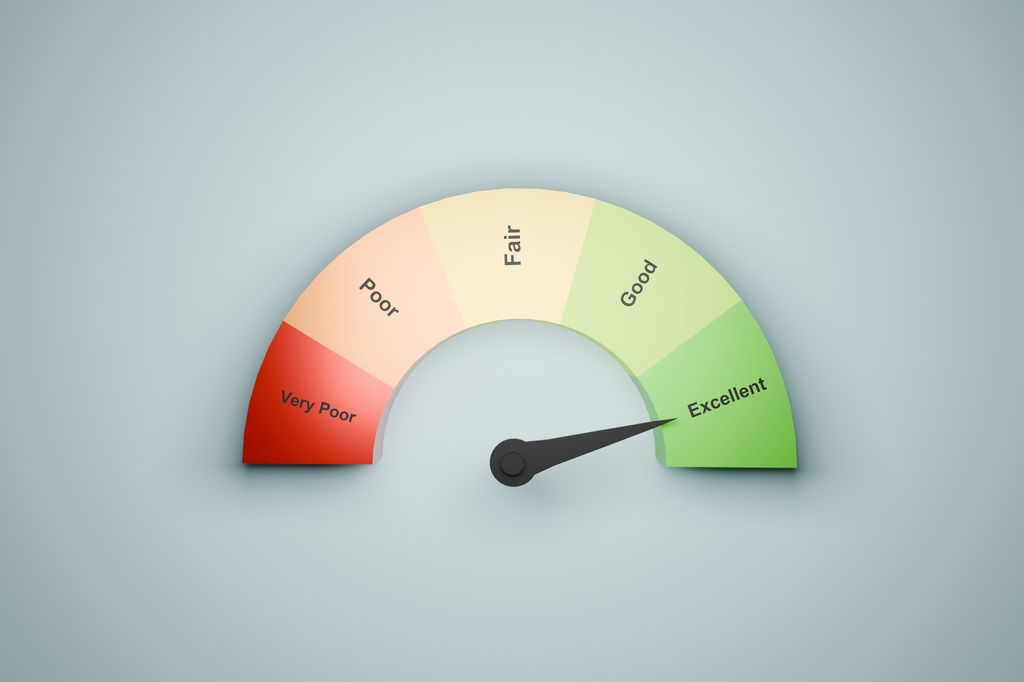
Whether you’ve got a house move on the horizon, a renovation to fund or you have plans to go back to studying, there are plenty of reasons why you might need to borrow money.
Although it might seem like a simple task, banks and lenders are keen to ensure their money is safe, so putting yourself in the best position to borrow can be the difference between a good deal and paying over the odds. One tool that can help you get the best rates on borrowing money is your credit score, so here’s what you need to know about your score and how to boost it.
What is my credit score?
Your credit score is a number created by a credit reference agency. There are three main credit reference agencies, whose role is to collect data about you and use it to create a score. The information collected includes data from the public record such as the electoral roll, and available data from lenders or service providers.
There are three main credit reference agencies in the UK: Experian, Equifax and TransUnion and they all report data to various banks and financial organisations. The purpose of the credit score is to give an indication of how likely you are to repay any money that you borrow from a lender, based on your past behaviour with borrowing and managing your finances.
Why does my credit score matter?
Your credit score is a helpful snapshot of how reliable you are as a borrower, so lenders will use a credit scoring system to determine whether to offer you a loan or mortgage, as well as to determine the interest rate to offer. A higher credit score indicates that you are more likely to repay on time and in full, so the chances of being offered a competitive interest rate on any funds you borrow will be higher.
Similarly, a lower score can suggest that you may be less reliable so you can expect borrowing to be more expensive. It’s worth noting that you don’t have one single credit score. The data used by each credit reference agency will vary, as well as how they rank the data to create a score, so it’s normal not to have one consistent credit score.
Plus, lenders will use their own criteria to decide who to lend money to and on what terms, so there’s a whole host of information that is taken into account before any decision is made.
Can I improve my credit score?
Your credit score is not fixed and will change over time as your financial situation and circumstances change. If you currently have a low credit score, there are steps you can take to boost your score over time. These include:
- Registering to vote. Having your name on the electoral register is a simple step that can help improve your credit score
- Paying bills on time. Ensuring you pay household and utility bills on time will help demonstrate your ability to meet your financial obligations. Setting up direct debits can help avoid missed payment dates for your regular outgoings.
- Limit applications for credit. Making too many full applications for credit within a short space of time can give lenders the impression that you need credit quickly, so use pre-approval checks before you apply to maximise the chance of your application being successful.
- Check your details. Credit scores are determined by data, however, data can contain mistakes and your credit report may well contain outdated information. It’s worth double checking the information held by credit reference agencies before you apply for any credit.
Ellie Austin-Williams is the author of Money Talks, a Lifestyle Guide for financial wellbeing. Find her on Instagram at @thisgirltalksmoney.







